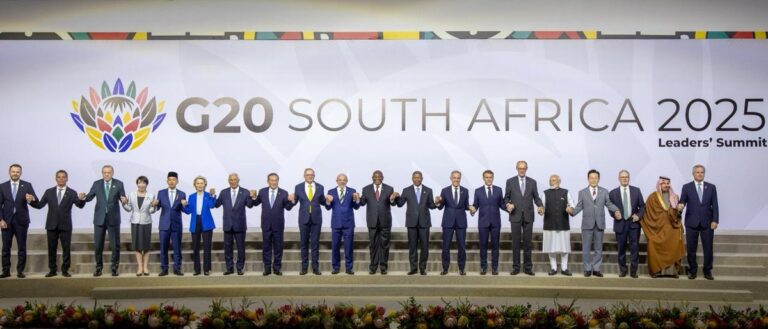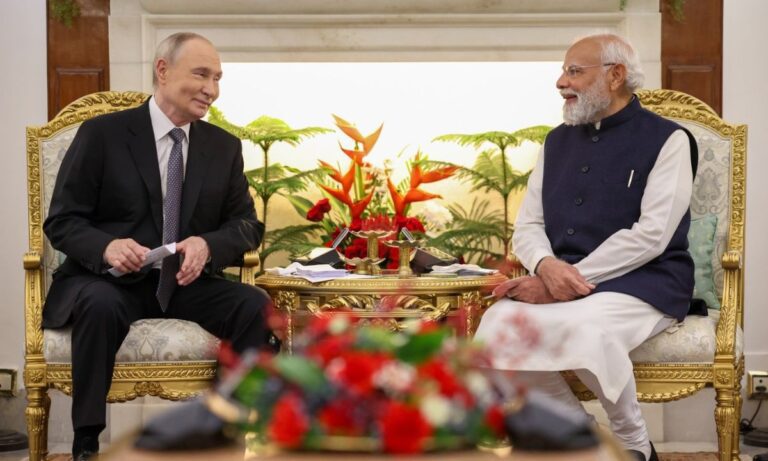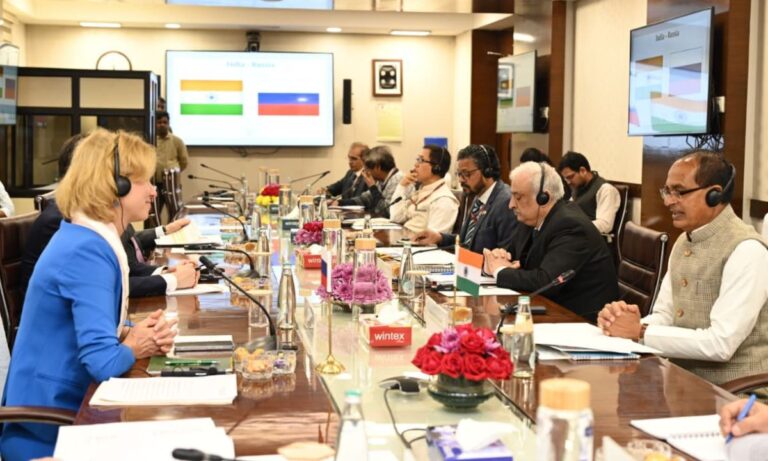
Federal Reserve Chair Jerome Powell emphasized the central bank’s cautious stance on interest rates, stating that officials will wait for more clarity on the economic outlook before making any policy adjustments. Speaking at the Economic Club of Chicago, Powell pointed to growing concerns over the economic impact of President Donald Trump’s tariff policies, which he warned could complicate the Fed’s ability to meet its dual mandate of stable inflation and full employment.
“For the time being, we are well positioned to wait for greater clarity before considering any adjustments to our policy stance,” Powell said.
He expressed concern that rising tariffs could create a complex economic environment, potentially driving up consumer prices while slowing economic growth and straining the labor market. This combination could push both inflation and employment away from the Fed’s targets.
Powell acknowledged that the scale and scope of the tariff increases announced thus far have exceeded the Fed’s initial expectations, noting that “the level of the tariff increases announced so far is significantly larger than anticipated.” He warned that continued uncertainty around trade policy could have long-lasting negative effects on the U.S. economy.
“These are very fundamental policy changes. There isn’t a modern experience of how to think about this,” Powell explained, highlighting the challenge of predicting economic outcomes in such an uncharted policy environment.
Earlier in the year, the U.S. economy appeared to be in a strong position, with inflation trending toward the Fed’s 2% target and employment near historically high levels. However, Powell now suggests that progress toward those goals may stall — or even reverse — due to the disruptive effects of trade tensions.
“I do think we’ll be moving away from those goals, probably for the balance of this year,” he said.
On financial markets, Powell attributed recent volatility to investor reactions to the rapidly shifting trade policy landscape, rather than any systemic financial instability. He asserted that markets remain orderly and are functioning as expected.
Addressing speculation about the so-called “Fed put” — the belief that the central bank would intervene to stabilize markets in the event of sharp declines — Powell dismissed the idea.
“Markets are struggling with a lot of uncertainty, and that means volatility,” he said. “But having said that, markets are functioning… they’re orderly and they’re functioning just about as you would expect them to function.”
Powell’s remarks suggest the Federal Reserve will adopt a wait-and-see approach as it navigates an increasingly unpredictable economic environment, shaped in part by evolving trade policies and global market reactions.






